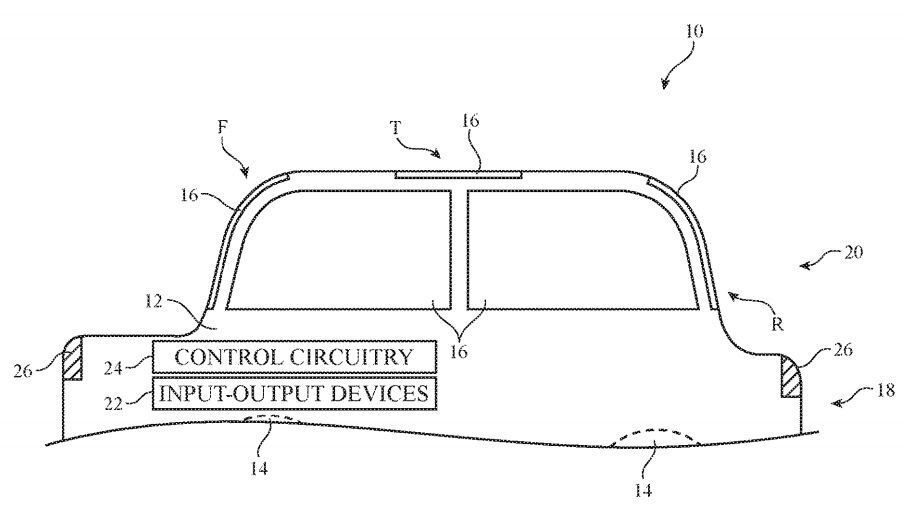In partnership with the Australian Ministry of Defense, the U.S. Space Force’s (USSF) Space and Missile Systems Center’s (SMC) Space Surveillance Telescope (SST) Program recently achieved “first light” on March 5, 2020, reaching a key milestone after it was moved from White Sands Missile Range, New Mexico to Harold E. Holt Naval Communications Station in Western Australia.
“This key Space Domain Awareness, or SDA, partnership builds on the long history of close defense space cooperation between the United States and Australia and has been a cornerstone of our continued alliance,” said Gordon Kordyak, SMC Special Programs Directorate Space Domain Awareness Division chief.
Moving the SST to Australia satisfied a critical objective to improve the broader USSF Space Surveillance Network’s ground-based electro-optical coverage of the geosynchronous space regime. First light is a significant milestone in meeting this objective. It means that course alignment of the telescope optics with the wide field of view camera has been completed to allow the first images of objects in orbit to be seen by the telescope.






